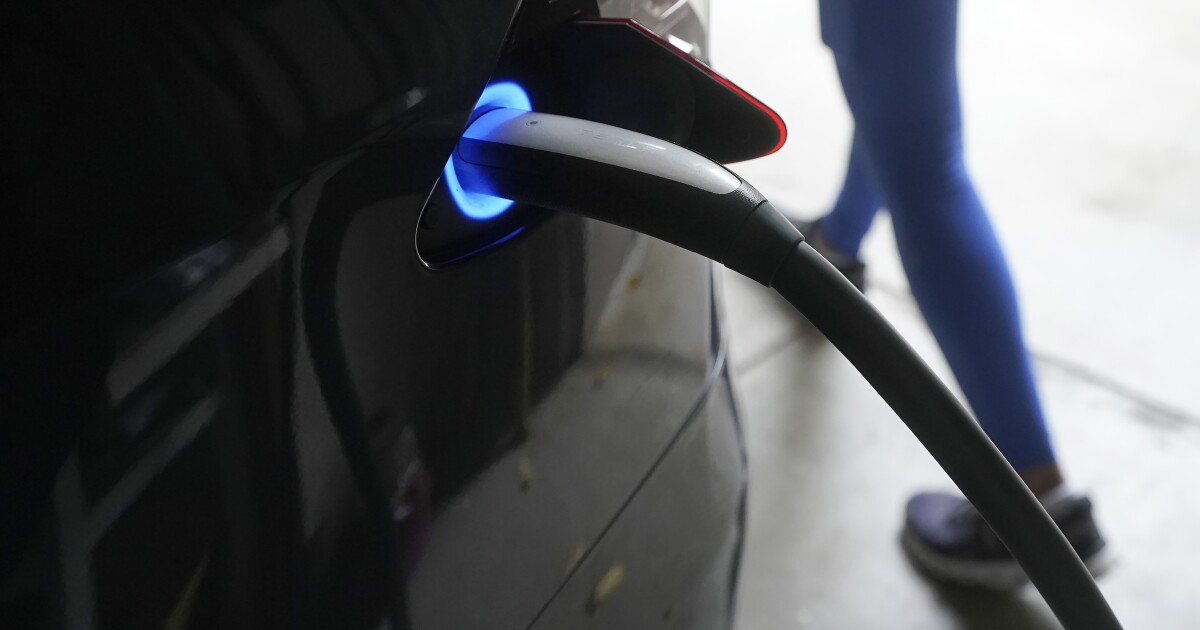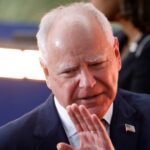

Two years ago, President Joe Biden allocated a substantial $7.5 billion toward the construction of thousands of electric vehicle charging stations across the nation, but the promised rollout remains elusive.
Biden’s Bipartisan Infrastructure Law invested $7.5 billion in EV charging when signed into law in 2021. Congress backed the legislation and agreed to build a national network of 500,000 EV chargers by 2030.
HOME ECONOMICS: HIGH HOUSING COSTS MAY HAUNT BIDEN ON THE 2024 CAMPAIGN TRAIL
The United States is far from its goals, as the nation has nearly 180,000 chargers, including private and public, and DC Fast Charging and Level 2, according to the Energy Department.
The Department of Energy’s National Renewable Energy Laboratory predicts the U.S. will need 28 million charging ports by 2030 to refuel the 33 million light-duty electrics that are estimated to be on the road by then, according to a June report. The NREL’s 2030 National Charging Network report said 1 million of those chargers will need to be publicly accessible Level 2 chargers, which are located by homes and workplaces.
In April, the Biden administration backed Environmental Protection Agency rules that propose two-thirds of new passenger vehicle sales in the U.S. need to be electric by 2032, ramping up efforts for the nation’s EV transition and creating added pressure for more charging stations.
Republicans have been working aggressively to block the Biden administration’s plans to boost electric vehicles, recently targeting its plan to expand the charging network by halting its funding.
Earlier this year, the Federal Highway Administration said it would issue a temporary public interest waiver for “Buy America” requirements for EV chargers.
“This short-term, temporary waiver was structured to enable EV charger acquisition and installation to immediately proceed while also ensuring the application of Buy America to EV chargers by the phasing out of the waiver over time,” the FHWA said in February.
CLICK HERE TO READ MORE FROM THE WASHINGTON EXAMINER
However, the Senate voted to overturn Biden’s decision to waive some “Buy America” requirements for government-funded electric vehicle charging stations in November, with the White House poised to veto the Republican-led legislation.
Under the Bipartisan Infrastructure Law, projects such as EV chargers need to have 55% of their construction materials from domestic sources and be manufactured in the U.S. The FHWA said EV chargers that could see the recruitment waived must be manufactured by July 1, 2024, the final assembly must occur in the U.S., and installation must begin by Oct. 1, 2024.





